
-
Find the right food for your petTake this quiz to see which food may be the best for your furry friend.Find the right food for your petTake this quiz to see which food may be the best for your furry friend.Health CategoryFeatured products
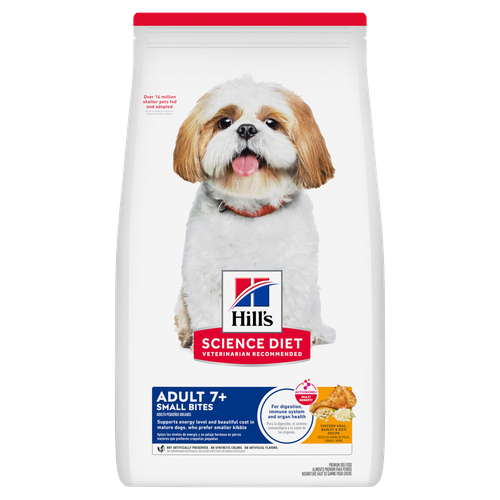 Adult 7+ Small Bites Chicken Meal, Barley & Rice Recipe Dog Food
Adult 7+ Small Bites Chicken Meal, Barley & Rice Recipe Dog FoodSupports energy level and beautiful coat in mature dogs who prefer smaller kibble
Shop Now
Clinically proven kibble technology to reduce plaque & tartar build-up, specially designed for small & mini dogs
Shop Now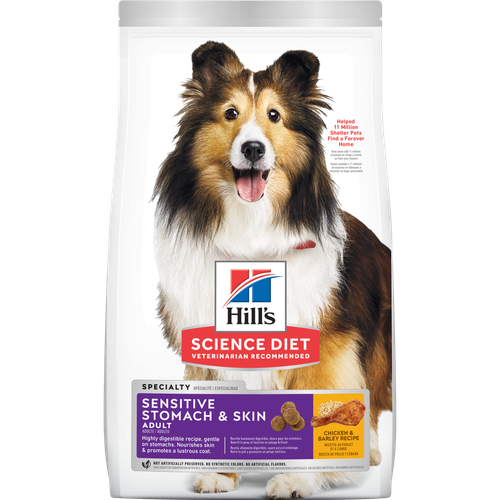 Hill's Science Diet Adult Sensitive Stomach & Skin Chicken Recipe Dog Food
Hill's Science Diet Adult Sensitive Stomach & Skin Chicken Recipe Dog FoodHill's Science Diet Sensitive Stomach & Skin dry dog food is gentle on stomachs while nourishing skin & promoting a lustrous coat.
Shop NowFeatured products Adult Perfect Digestion Chicken, Barley & Whole Oats Recipe Cat Food
Adult Perfect Digestion Chicken, Barley & Whole Oats Recipe Cat FoodHill's Science Diet's breakthrough nutrition supports ultimate digestive well-being & healthy microbiome
Shop Now Adult Oral Care Chicken & Brown Rice Recipe Cat Food
Adult Oral Care Chicken & Brown Rice Recipe Cat FoodClinically proven kibble technology to reduce plaque & tartar build-up
Shop Now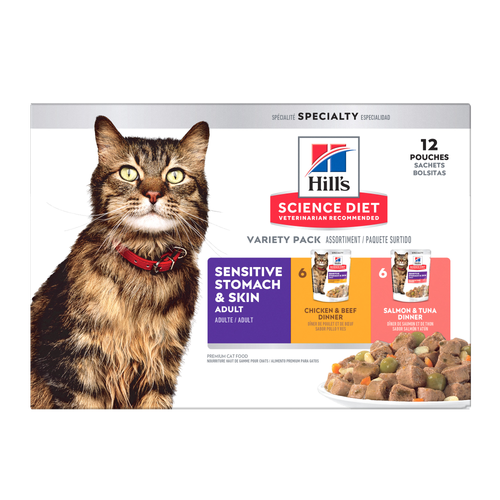 Adult Sensitive Stomach & Skin Pouch Variety 12 Pack Cat Food, Chicken & Beef, Salmon & Tuna
Adult Sensitive Stomach & Skin Pouch Variety 12 Pack Cat Food, Chicken & Beef, Salmon & TunaCarefully made, gourmet daily nutrition. Tasty chunks with Salmon & Tuna in a decadent gravy. Supports digestive health, nourishes skin and promotes a lustrous fur.
Shop Now -
DogCat
- Cat Tips & Articles
-
Health Category
- Weight
- Skin & Food Sensitivities
- Urinary
- Digestive
- Kidney
- Dental
- Serious Illness
-
Life Stage
- Kitten Nutrition
- Adult Nutrition
Featured articles Fun Ideas for Kids and Pets This Summer
Fun Ideas for Kids and Pets This SummerOutdoor summer activities with your dog or cat can be fun for kids, too. Learn how they also teach kids responsibility & creates a bond with their pet.
Read More Cat vs. Dog: Which Is the Best Pet for Me?
Cat vs. Dog: Which Is the Best Pet for Me?Learn about important differences between dogs and cats, such as cost & space considerations. These factors can help you decide which pet is best for you.
Read More Adopting a Pet: What You Need to Know
Adopting a Pet: What You Need to KnowLearn the basics of adopting a pet, including where to begin and common questions you should ask yourself when deciding which kind of pet is best for you.
Read More -


The lifestyle of an indoor cat differs greatly from that of an outdoor cat. Often, an indoor cat has a lower exercise level than one that lives outside. And, since she has more time to groom, an indoor pet is more likely to develop hairballs.
Encouraging indoor exercise can help your pet stay fit and healthy. An increase in activity and decrease in mental stagnation may help prevent many behaviour and grooming problems. Create a positive and enriched environment with activities like grooming your longhaired cat once a day or brushing a short-haired cat once a week can help mental stimulation and hairball issues. For other practical suggestions about active play to help stimulate a domestic house cat, read Cat Workouts and Exercise Tips from the experts at Hill's.
It's also important to nourish the good life enjoyed by your pet with a food specially formulated for indoor cats , such as Hill's™ Science Diet™ Indoor Cat food.
Always consult your veterinarian if you have questions about your cat's health.
Indoor Cat:



Tasty Tips
Ideal for spayed or neutered cats who are generally more sedentary.
Helps maintain healthy weight with levels of energy appropriate to an indoor lifestyle.
Antioxidants to support a healthy immune system.
Unique natural fibre technology reduces hairballs and helps comfortably
move hair through a cat's system.High carnitine helps turn fat into energy while maintaining lean body mass.
Precisely-balanced nutrition for an indoor lifestyle.
Try any of these formulas:
Science Diet™ Indoor Cat Adult Dry - for cats age 1 to 6
Science Diet™ Mature Adult Hairball Control - for cats over age 7
Science Diet™ VetEssentials™ Kitten - for kittens less than 1 year old


One of our staff authors prepared this article for you
Related products

Hill's Science Diet's breakthrough nutrition supports ultimate digestive well-being & healthy microbiome

Clinically proven kibble technology to reduce plaque & tartar build-up

Carefully made, gourmet daily nutrition. Tasty chunks with Salmon & Tuna in a decadent gravy. Supports digestive health, nourishes skin and promotes a lustrous fur.

Delicious tender chicken and rice in a mouthwatering sauce with precisely balanced nutrition to support 5 essential building blocks for lifelong health
Related articles

Get helpful information on proper feline oral healthcare and why it's so vital to take care of your cat's teeth.
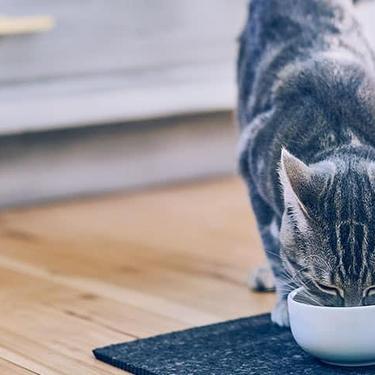
Understand the symptoms of a chronic upset stomach in your cat, and learn how to help sooth their discomfort.
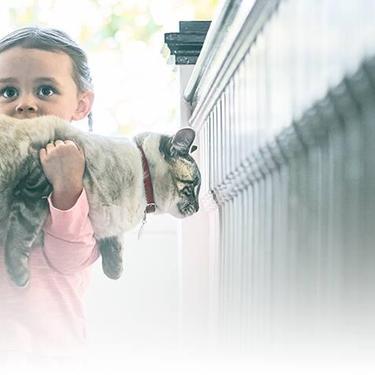
Provide the best possible treatment for cats with sensitive skin by spotting the signs, knowing the causes, and understanding the remedies. Learn more now.
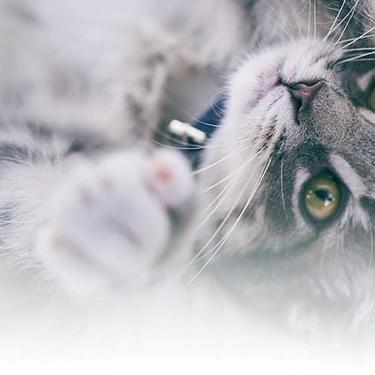
Obesity affects more than 30 percent of cats in America. Learn how you can properly feed and exercise your cat to improve its weight management.

Put your cat on a diet without them knowing
Our low calorie formula helps you control your cat's weight. It's packed with high-quality protein for building lean muscles, and made with purposeful ingredients for a flavorful, nutritious meal. Clinically proven antioxidants, Vitamin C+E, help promote a healthy immune system.
Put your cat on a diet without them knowing
Our low calorie formula helps you control your cat's weight. It's packed with high-quality protein for building lean muscles, and made with purposeful ingredients for a flavorful, nutritious meal. Clinically proven antioxidants, Vitamin C+E, help promote a healthy immune system.

